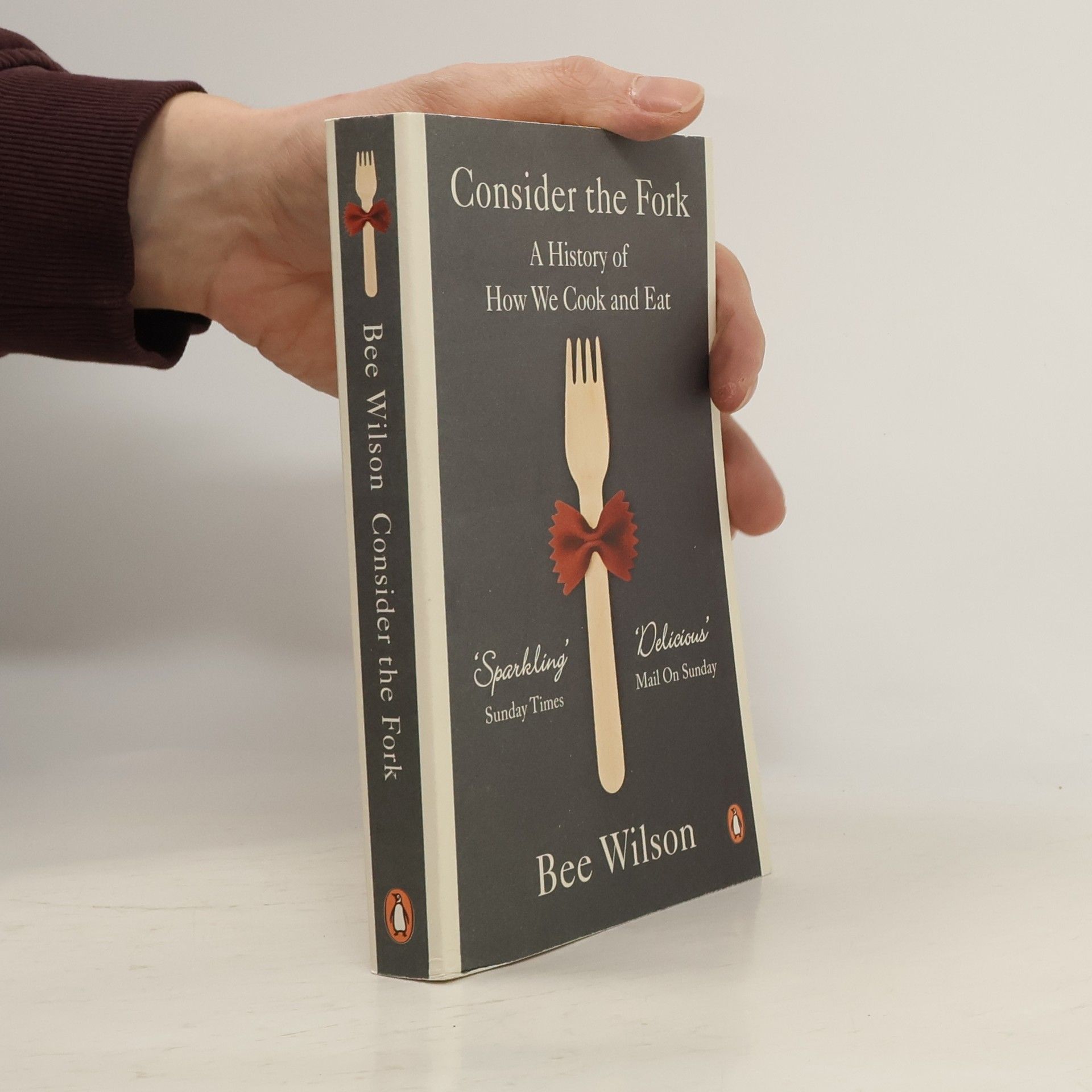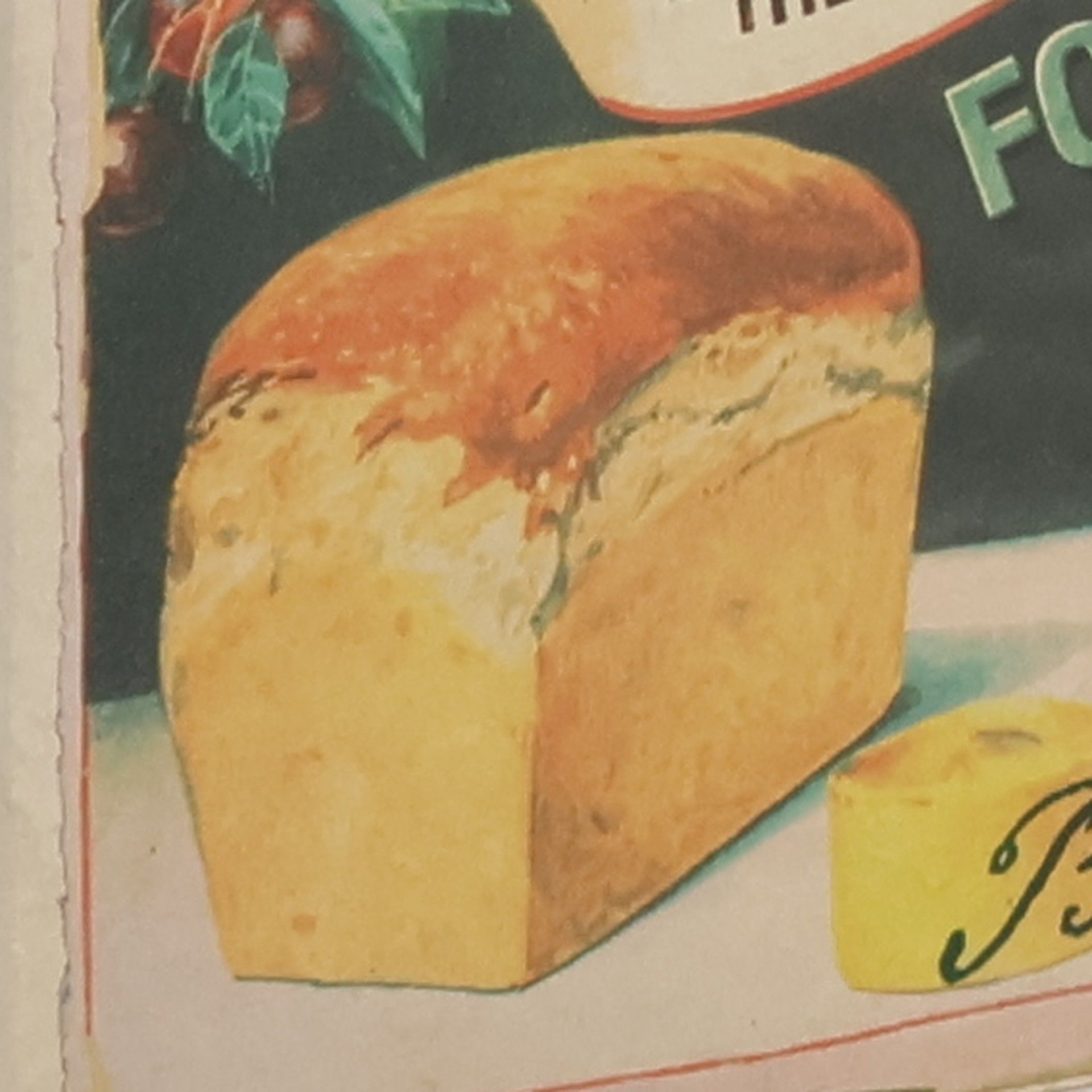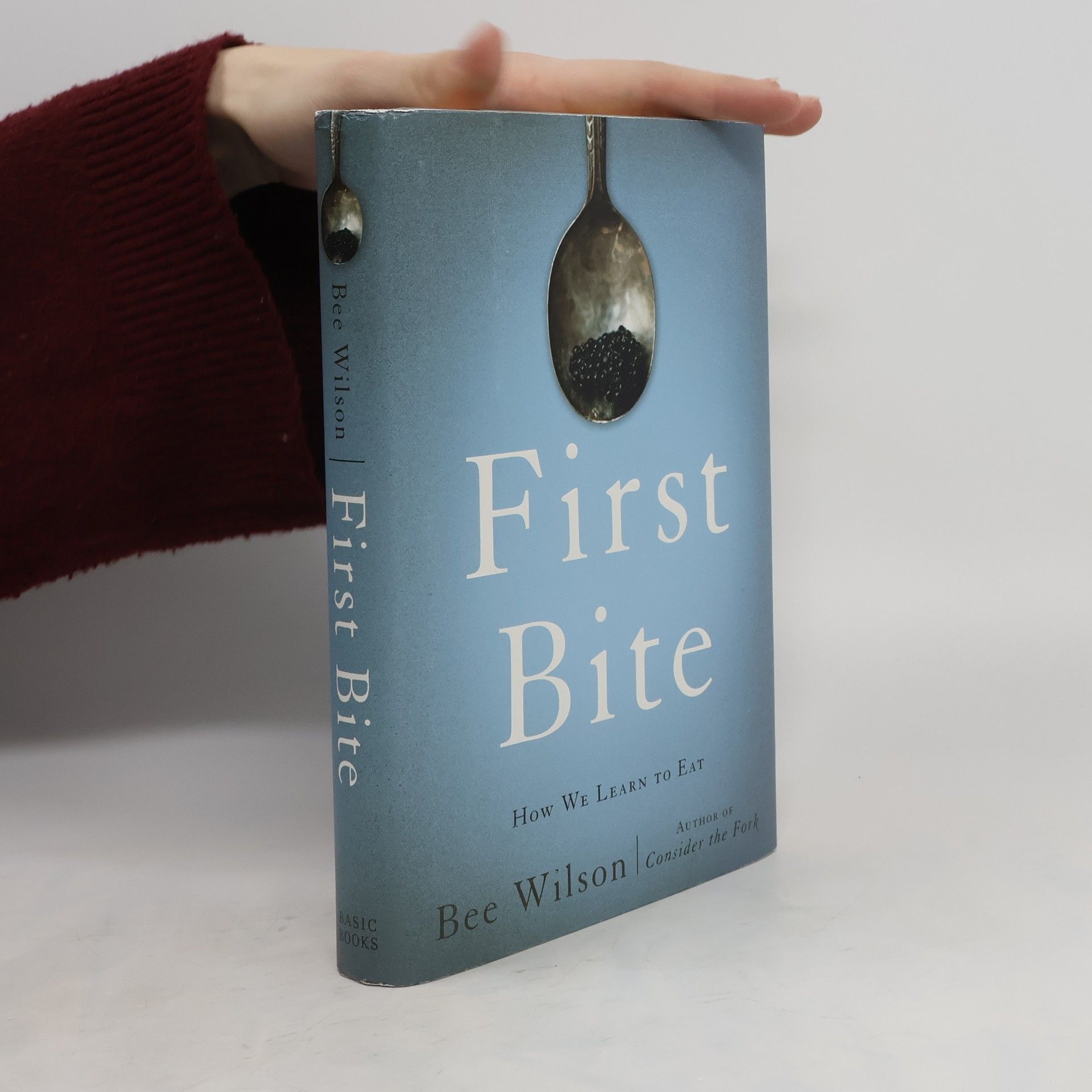Am Beispiel der Gabel
Eine Geschichte der Koch- und Esswerkzeuge
Kochen boomt und Essen ist Lebensstil – jedenfalls in reichen Gesellschaften. Wir sind Produktkenner und Rezeptsammler, aber über die »Hardware« in unseren Küchen wissen wir relativ wenig. Dabei muss die Kartoffel geschält, die Artischocke gekocht und der Pfeffer zerstoßen werden, bevor sie Teil einer Mahlzeit werden, die wir uns – zum Beispiel mit einer Gabel – in den Mund schieben. In einem faszinierenden Streifzug durch die Kulturen der Welt widmet sich Bee Wilson, selbst passionierte Köchin mit einer Schwäche für Messbecher, den heimlichen Stars der Küche: dem Messer, dem Topf und den anderen Koch- und Esswerkzeugen. Sie führt uns von den prähistorischen Feuerstellen in Afrika bis an den Induktionsherd in mitteleuropäischen Luxusküchen. Wir sind zu Gast bei den Kochkünstlern der Zhou-Dynastie und an den Höfen der europäischen Renaissancefürsten. Wir bewundern das Kupfergeschirr in der viktorianischen Großküche und die Rationalität der »Frankfurter Küche«. Und wir erfahren, wie der Kochtopf unseren Vorfahren die Zähne gerettet, der Schneebesen die Backkultur und der Kühlschrank das Leben der Menschen revolutioniert hat – wie die Gerätschaften nicht nur bestimmen, wie, sondern auch, was wir kochen und essen. Eine hinreißende Hommage auf die Kulturtechnik, die uns am Leben hält, und auf den menschlichen Erfindungsgeist.






